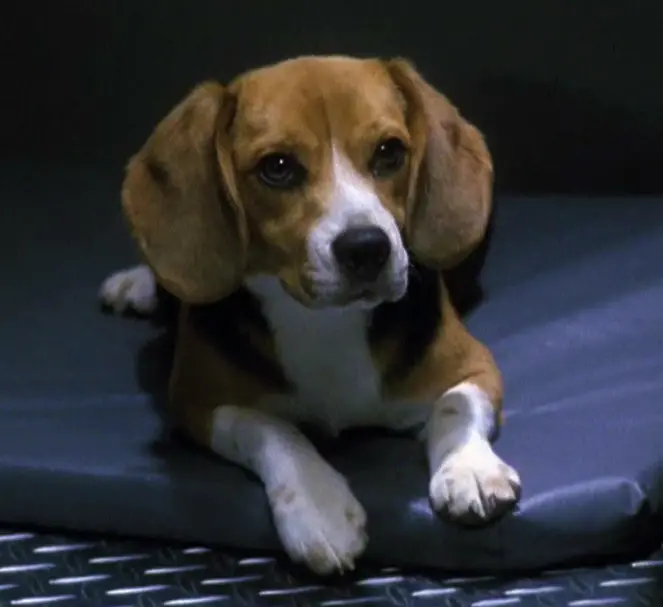question in title
I would say no. I mean, the treatment fits the universe (lots of people enslaving other people), but there isn’t even a subtle condemnation of this. In many ways, despite it tending to be a story about rebellion, Star Wars mostly tells a story with the status quo; especially in the original trilogy, there’s never really an “are we the good guys” moment. (I could be wrong - been ages since I watched anything Star Wars.)
Meanwhile, Star Trek is constantly examining itself, with Starfleet officers often “stop[ping] to debate the rights of a robot” or whether the self-respect of one Starfleet officer is worth the safety of the Alpha Quadrant. Even when they treat synths like crap, it’s usually depicted as being morally wrong.
This is a bit of a tangent, but this question makes me think about the evolution of Ood depictions in Doctor Who. Their first appearance was a bit weird about their enslavement, but they rectified that in later episodes.
P.S: I think this question is more suited for c/startrek than Daystrom Institute, as it’s more about comparing the themes of two franchises than any in-universe explanation.
No. In Star Wars, droids are very clearly and explicitly treated as second-class citizens, if they are considered people at all.
In Star Wars, your average Roger-roger combat droid is a cheap, expendable commodity, to the point where they aren’t even fitted with the hardware to support their sapience. They are reliant on a connection to a command ship to have its computers do that instead. Wiping their memory banks is both accepted and standard procedure.
By comparison, in Star Trek, most sapient and alien robots are treated as people. The only times that we see people in the Federation struggle with accepting inorganic sapience, is when it pops up unexpectedly from something that wasn’t supposed to be sapient to begin with, like in the case of Voyager’s EMH, or the ExoComps.



